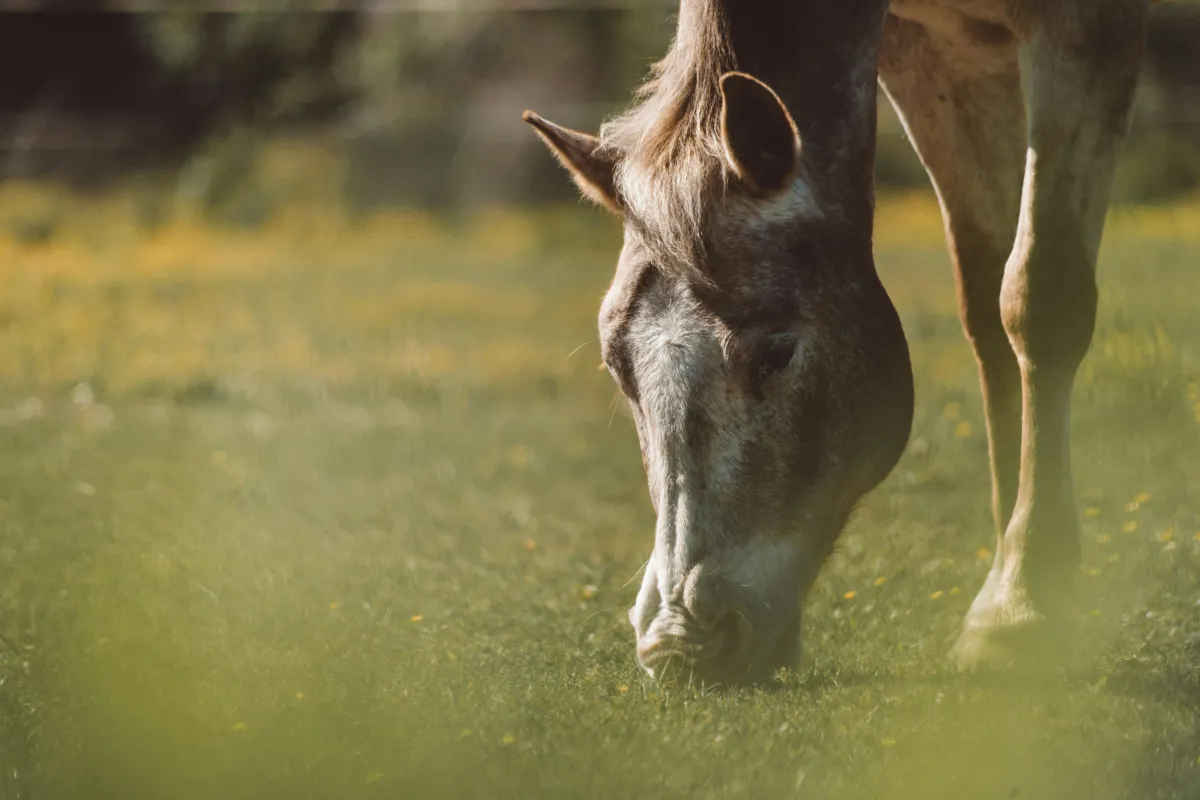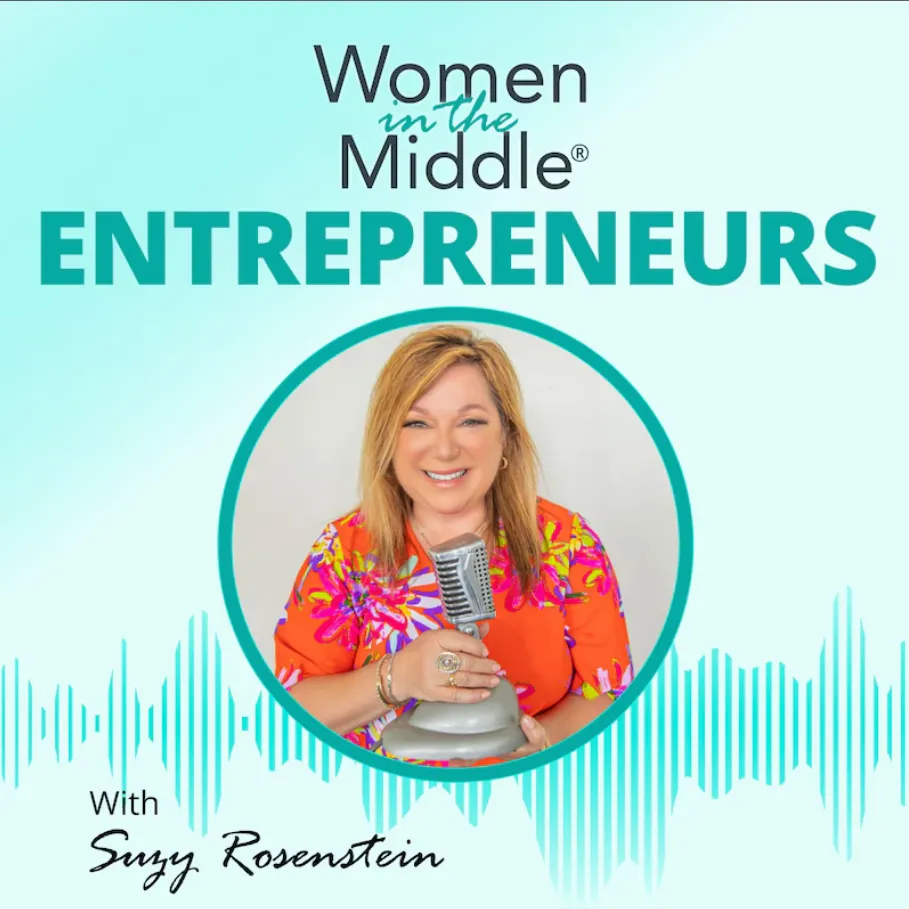Inclusive Change
Start the conversation
Read our blogs and discover more about neurodiversity through our links


What is Equine Therapy? || My Experience with Equine-Assisted Therapy and Autism
Cover photo by Chad Madden on Unsplash
Equine therapy, also known by various other names - Equine-assisted therapy, Equine-assisted psychotherapy, or Hippotherapy - is a largely experimental, holistic form of therapy and counseling. Whilst most animals are known to be calming and therapeutic, horses in particular are highlighted for their ability to recognise and mirror emotions as well as their unique personalities. By building on the bond between people and horses, equine therapy aims to improve an individual’s mental and emotional wellbeing.
A few years ago, I was offered the option to try out this form of therapy for myself through my EHCP (Educational Health + Care Plan), and did so for a while. In this blog post, I’m going to discuss further what equine therapy truly is whilst sharing my own personal experience - including what worked and what didn’t!
Equine-assisted therapy involves working with horses (obviously…) but more often than not, doesn’t include any form of riding! Practitioners will usually guide individuals in connecting with the horse through groundwork exercises - such as leading the horse through an obstacle course, or just simply giving them a good groom - whilst reflecting on their own wellbeing. Animal-assisted therapy can be particularly enjoyable for those of us on the autism spectrum because, oftentimes, due to various social difficulties that ASD brings, it can feel easier to connect with animals than with people!

Photo by Rex Pickar on Unsplash
Since it is a largely experimental and holistic form of therapy, scientific evidence for the benefits of equine-assisted therapy is sketchy at best. There is a significant lack of reliable studies proving that it is a sufficient form of mental health treatment. However, I don’t think this means it should be discounted altogether.
Research has shown that getting outside can improve mental wellbeing. So, too, can being around animals. When you look at that, it makes sense that spending time outside, caring for horses could have a positive impact on your mental health - particularly when partnered with aspects of counselling and traditional therapy practices. From personal experience, I definitely found that to be the case. Although, it is important to note that equine therapy does not claim to ‘cure’ you; like many other therapies, it simply provides a unique way for you to process complex feelings and thoughts in a comfortable environment.
Being selective mute, I really disliked the traditional forms of therapy that I had been shoe-horned into growing up. Although scientifically proven to be beneficial, the various counselling and cognitive behavioural therapy sessions I attended when I was younger were all based on the assumption that I would talk and share my thoughts with a therapist/practitioner. Instead, I spent most of my time eyes fixed on the tiny, fuzz-covered chasms of the carpets, examining how the dull threads of blue, red and grey meshed together to create one universal muddy colour, and giving a steady schedule of ‘okay’s and ‘I don’t know’s when calmly prompted to respond. As you can imagine, these sessions weren’t exactly the highlight of my week.
I don’t like being told what to do: Maybe it’s an 'autism thing' or maybe I’m just stubborn. Either way, too much talk of mindfulness and breathing exercises causes me to switch off. It’s not that I don’t like them. In fact, I find them very beneficial when I do them on own terms! But I never liked the feeling of being told or expected to ‘take deep breaths’ or ‘focus on three things you can feel’ when in such a sterile environment. Already too acutely aware of others breathing, the incessant buzz of too-bright fluorescent lights, I felt like every breath and thought was somehow now captive to whatever well-meaning counsellor was calmly narrating my ‘journey inwards’ - that my thoughts were no longer my own and they were forcing me to do their rather tranquil bidding.

Photo by Dingzeyu Li on Unsplash
Equine therapy provided a hands-on form of therapy that I could engage in without feeling pressured by anything. If I didn’t feel like sharing, I was able to think quietly whilst I occupied myself with the horses. If didn’t even want to do that, I found that simply being outside with the horses meant that I left the session feeling calmer than I did before; regardless of having blatantly ignored the explicit mindfulness activities.
Notice how I specified the activities as explicit. Instructed mindfulness that I had been so used to throughout my experience in school, CAHMS and counselling had shaped what I thought it meant to be present or intentional. But, unbeknownst to me, mindfulness was sneakily creeping into my life - I was engaging in it without even realising.
'That was the beauty of my experience with equine therapy. It opened up a way for me to learn to calm down and focus on the present without feeling as though it was forced upon me.'
Very quickly, the focus of my sessions shifted away from the idea of ‘therapy’ and I instead began taking part in courses in horse care and natural horsemanship. Both of these courses helped teach me skills which I have now been able to use in finding a form of employment that works for me as an autistic person. They also granted me a great sense of value and purpose; and I found that horsemanship in particular was good at boosting my confidence and teaching me to be more assertive.
Furthermore, on top of these courses I began to work on a small garden at the stables, which taught me just how much I love working outdoors and contributed towards my decision to study horticulture in higher education - something I had never really considered before!
Although scientific evidence for the benefits of equine therapy is limited and very inconclusive, I have only had positive outcomes from the experience. Of course, it is important to mention that equine therapy is not a ‘cure’ for your mental or physical health. Whilst it obviously can be beneficial for someone, I don’t believe it should be placed above other well-proven and studied forms of therapy within the psychological and medical field - and, at the same time as I was receiving equine-assisted therapy, I was also attending regular sessions of speech & language and occupational therapy, which also had impacts on my wellbeing.
With that being said, as animal assisted therapies gain popularity, I think that it can provide opportunities for other autistic children and teenagers (and adults!!) to explore different forms of therapy and counselling, to truly find what fits them in a world that so often doesn’t accommodate our unique needs and perspectives.
Long time no see? No read? No hear? What exactly would you say here?
Thank you for reading all of that (or not, it’s okay if you skipped through the entire post, I won’t judge...) and sticking with me even through my sporadic posting schedule.
It’s been over a whole month since I lasted posted on this blog! My focus has shifted more towards setting up an Etsy store that writing completely slipped out of my priorities. I find that to be the case too often: I can only really put my energy into one big task at a time.
If you are wondering what I’m getting up to when I disappear for weeks at a time, or simply want to support me further, follow my instagram where I regularly post my art:
@ScribbleWhiskers
Sincerely,
Owen @ ScribbleWhiskers
'May the God of hope fill you with all joy and peace as you trust in him, so that you may overflow with hope by the power of the Holy Spirit.'
Romans 15:13 NIV
Check out Lucy's other features

A Journey of Neurodiversity Advocacy and Change
Read Lucy's interview with Golden Valley, where she explains some of the life events that led her to becoming a full time advocate for neurodivergent and disabled people in the workplace.

Women in the Middle® Entrepreneurs:
EP #52: Sharing the Positives About Neurodiversity with Lucy Smith
Suzy Rosenstein, a master life coach, hosts a podcast called Women in the Middle Entrepreneurs, a podcast where these important conversations about the intersection of being a midlife entrepreneur who's also a woman 50 plus can happen.
Inclusive Change Ltd
The Brightwell, Bradbury House
Wheatfield Drive
Bradley Stoke, Bristol
BS329DB
Copyright 2025 - Inclusive Change Ltd
Companies House: 12412464
VAT NO: 352 1564 17
ICO Reg: ZB081779
UK Register of Learning Providers: 10090652
Reg no: 12412464




